
A bad year for legends-turned-managers
Frank Lampard was the first Premier League manager to lose his job in 2021 and, barring any sudden developments in the next week, Ole Gunnar Solskjaer will be the last. It was not a good year for club legends seeking to recreate former glories in the dugout.
Lampard enjoyed a positive first season in charge of Chelsea, guiding his former side to a Champions League finish in 2019/20 despite their transfer ban, but expectations changed with the investment that followed and there are certainly no regrets about the decision to appoint Thomas Tuchel in his place.
Tuchel is of course a completely different profile to Lampard – vastly experienced as a coach but with only a modest playing background and no ties to the club he is taking over – and Manchester United have gone down the same route by replacing Solskjaer with Tuchel’s countryman Ralf Rangnick.
How they would love Rangnick to have a similar impact. The former RB Leipzig and Schalke manager has been brought in on an interim basis but Tuchel’s transformation of Chelsea shows just how much can be achieved in only a short space of time.
So what now in the search for the next Pep Guardiola?
Solskjaer’s departure from Manchester United has left Mikel Arteta as the only Premier League manager leading his former club but many Arsenal fans need further convincing that he is their best option for the long-term – and that despite his apprenticeship under the man himself at Manchester City.
Steven Gerrard will privately hope his work at Aston Villa can help him fulfil his ambition of one day returning to Anfield. Patrick Vieira may have similar thoughts about Arsenal while at Crystal Palace. But do events at Chelsea and Manchester United over the last year show a better way forward?
European Super League fiasco
First came the grand plan, then came the grovelling apologies.
In the space of a few days, the European Super League went from ghastly reality to laughing stock, prompting red-faced club executives to come out, one after the other, and plead for fans’ forgiveness. “We got it wrong,” said Manchester United co-owner Joel Glazer. “I let you down,” offered Liverpool owner John W Henry.
The story broke during Manchester United’s 3-1 win over Burnley at Old Trafford on April 18 and, by the time the official announcement arrived later that evening, it had already caused a furious reaction among fans, pundits and, well, just about everyone.
Sky Sports’ Gary Neville set the tone for the outcry with an impassioned speech while covering the game at Old Trafford that evening. “I’m a Manchester United fan and have been for 40 years of my life but I’m disgusted, absolutely disgusted,” he said.
The proposal, in case you have already expunged it from your memory, consisted of 12 ‘founding clubs’ – AC Milan, Arsenal, Atletico Madrid, Barcelona, Chelsea, Inter Milan, Juventus, Liverpool, Manchester City, Manchester United, Real Madrid and Tottenham – who would be unmovable members of a breakaway league intended to replace the Champions League and, ultimately, create more revenue.
Neville labelled it “pure greed” and he was not the only one to see it for what it was. In England, fans put their loyalties to one side and joined together in condemnation of the idea, causing the Premier League’s big six to withdraw and leaving the plan in tatters.
Ronaldo’s return caps big-spending summer
For those Premier League clubs involved in the European Super League fiasco, the summer transfer window offered an opportunity to rebuild bridges with their fans.
Arsenal, Manchester United, Manchester City and Chelsea proceeded to lead the way in terms of investment, spending £157m, £134m, £100m and £98m respectively.
By the end of the window, Premier League clubs had spent a cumulative total of more than £1bn, with Jack Grealish’s £100m transfer from Aston Villa to Manchester City making him the most expensive player, closely followed by the £97.5m Romelu Lukaku.
The drama intensified in the final days of the window, when Cristiano Ronaldo’s mooted move to Manchester City was sensationally hijacked by Manchester United. It was a fitting end to a lavish transfer window which at times appeared to defy all logic.
So much for tightening the purse strings after the pandemic.
English dominance looming?
Premier League spending dwarfed that of Europe’s other major leagues and it came after Manchester City and Chelsea had contested an all-English Champions League final, the second in three years after Liverpool’s win over Tottenham in 2019.
A repeat scenario feels a distinct possibility this season given the same clubs are now even stronger. Chelsea, Manchester City, Liverpool and Manchester United all progressed to the last-16 with at least a game to spare. United were perhaps fortunate with some of their results, but others flexed their muscles along the way.
A Liverpool second string beat the once mighty AC Milan at the San Siro. Chelsea subjected Juventus to their heaviest defeat in the history of the competition. Manchester City crushed Paris Saint-Germain – one of few sides in Europe with resources to rival them.
When the competition enters its latter stages in 2022, it feels inevitable that there will be a strong English representation. Bayern Munich are a sizeable obstacle. PSG and Real Madrid should not be discounted either. But this year has provided circumstances ripe for a period of Premier League dominance in Europe.
Newcastle transformed but in danger
After years of drift and discontent under Mike Ashley, Newcastle’s long wait for new ownership finally ended with the confirmation of a Saudi Arabian-backed takeover worth £300m in October.
The takeover, which came after 18 months of delay and uncertainty, transformed Newcastle into the richest club in world football overnight. Saudi Arabia’s Public Investment Fund is said to have assets worth £320bn – £299bn more than the Premier League’s second-richest owner, Manchester City’s Sheikh Mansour.
The takeover prompted scenes of jubilant celebration outside St James’ Park but it also raised serious ethical questions about Saudi Arabia’s record on human rights, with Newcastle’s new owners facing accusations of sportswashing.
The 19 other Premier League clubs came together in opposition to the takeover – albeit, perhaps, with more concern for themselves rather than human rights – but for Newcastle, the main concern is whether they can hold onto their top-flight status.
The club appointed Eddie Howe in place of Steve Bruce in November and while he did steer them to a first Premier League win of the season against Burnley, they have lost three consecutive games since and remain three points adrift of safety.
The need for strengthening is obvious and January brings a first opportunity to flex their financial muscles. But will throwing money at the problem make it go away? Certainly, the broader questions will linger.
Rising influence of full-backs
Mohamed Salah stands out as the individual star of 2021. With 37 goals in 52 appearances in all competitions for Liverpool, some would argue this was the year the Egyptian went from best player in the Premier League to best player in the world.
But behind the forwards such as Salah who typically dominate the individual awards, there is a growing crop of full-backs capable of making match-winning contributions of their own.
Trent Alexander-Arnold is the poster boy. The Liverpool right-back is an outstanding creator. In fact, he is the outstanding creator in the Premier League. Over the course of the calendar year, he ranks top among all players for assists (13), expected assists (13.07), chances created (105), and big chances created (21).
Andrew Robertson carries his own significant threat on Liverpool’s left side while at Manchester City, Joao Cancelo has a strong claim to being the Premier League’s second-best player behind Salah this season.
Elsewhere, Chelsea’s Reece James and Ben Chilwell have become Thomas Tuchel’s most dangerous offensive weapons. And while Luke Shaw may have lost his place under Ralf Rangnick, he too shows the offensive power of the full-back, his total of 79 chances created in 2021 putting him third in the Premier League behind only Alexander-Arnold and Bruno Fernandes.
It is not just at big-six clubs that full-backs have become increasingly influential in 2021. Marc Cucurella and Tariq Lamptey at Brighton; Matt Targett and Matty Cash at Aston Villa; Vladimir Coufal and Aaron Cresswell at West Ham. And from Valentino Livramento at Southampton to Rayan Ait-Nouri at Wolves, there are further examples to be found elsewhere.
A previously unfashionable position – “no one wants to grow up and be a Gary Neville,” as Jamie Carragher once quipped on Monday Night Football – has become quite the opposite.
A lean year for strikers
As the once-humble full-back enjoys more and more “protagonism” – to use a term which has entered the footballing lexicon in 2021 – is the traditional striker becoming marginalised?
That certainly seems to be the case at Manchester City and Liverpool. Instead of replacing Sergio Aguero, Pep Guardiola has opted to reconfigure his team, rotating wingers and attacking midfielders in the false nine position and winning a third Premier League title in the process. Jurgen Klopp, meanwhile, generally prefers to use Diogo Jota in the same role, with Salah and Sadio Mane starting on the flanks.
Chelsea spent a club-record fee to re-sign Romelu Lukaku from Inter Milan but instead it’s their defenders who have chipped in the most goals and this season’s Premier League scoring chart suggests a broader trend rather than mere isolated examples.
Indeed, of the 15 players to have scored six or more Premier League goals in the current campaign, only five play as out-and-out strikers and two of them – Michail Antonio and Cristiano Ronaldo – are re-purposed wide players rather than traditional No 9s.
Harry Kane was of course a transfer target for Manchester City last summer as Guardiola sought to add the striker his side lacked. But will he still be in 2022? The 28-year-old has only scored once in 13 Premier League games for Tottenham this season. Guardiola, four points clear at the top with his false nines wreaking havoc, may look back on Daniel Levy’s refusal to sell Kane as a lucky escape.
Fans return but Covid threat remains
After a year and a half of games played behind closed doors, the return of capacity crowds at football grounds up and down the country was an undoubted highlight of 2021.
The power of a vociferous home crowd was evident in the very first Premier League game played in front of a full house as newly-promoted Brentford stunned Arsenal with a famous 2-0 win in the season curtain-raiser at the Brentford Community Stadium.
As the home fans roared their team on, savouring the occasion of the club’s first top-flight game since 1947, Arsenal’s players visibly wilted. “The fans were amazing,” said Brentford manager Thomas Frank afterwards. “What an atmosphere.”
Even the Arsenal fans who traipsed back from west London that night did so knowing the sport’s soul had returned but recent events are a grim reminder of just how delicate the situation remains.
Covid passes are all that will be required to attend games for now, but in Germany the spread of the Omicron variant has already prompted the authorities to reduce crowd sizes. There are no plans to follow suit here yet, but it must be considered a distinct possibility.
Empty stands would feel like a backward step but they would also serve as a reminder that some things are bigger than football.
Covid’s shadow looms large over all else.
PL year in review: Ronaldo’s return, full-back evolution
Source: Healthy Lifestyle

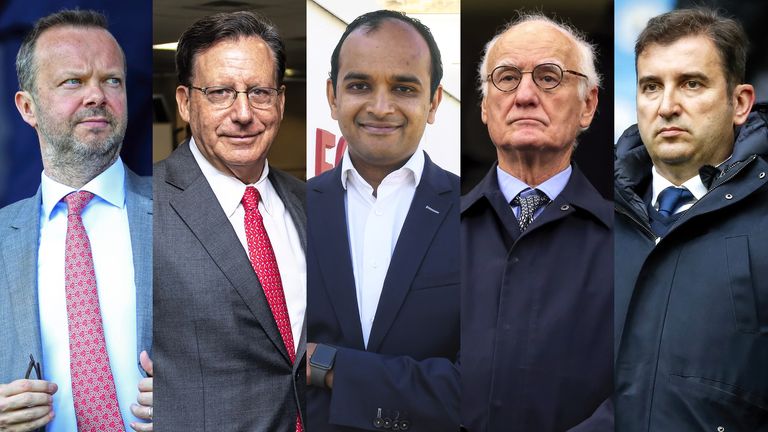
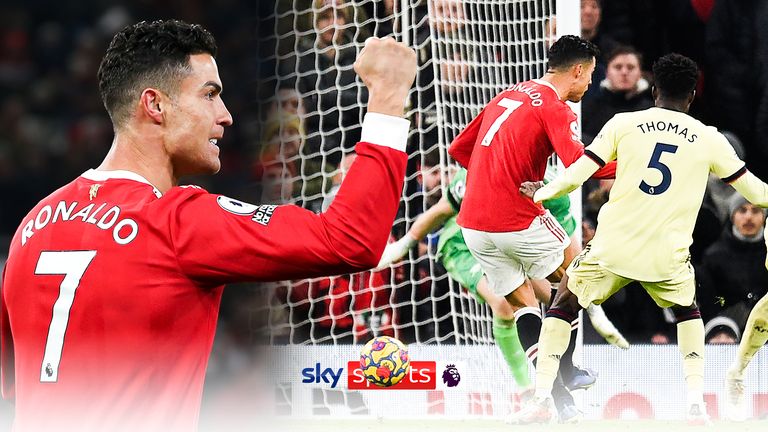
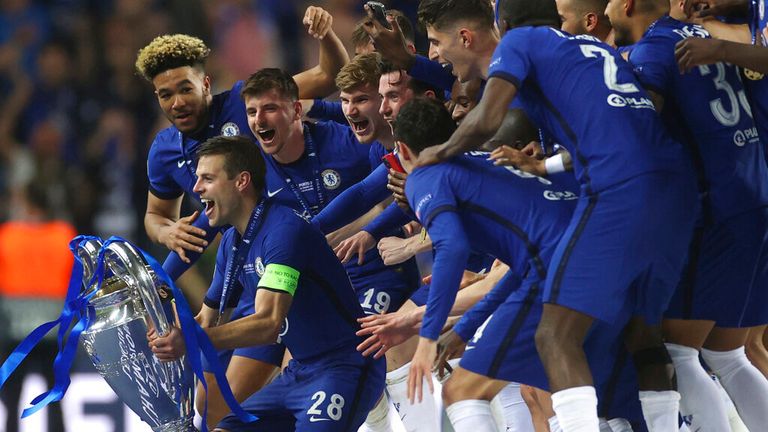
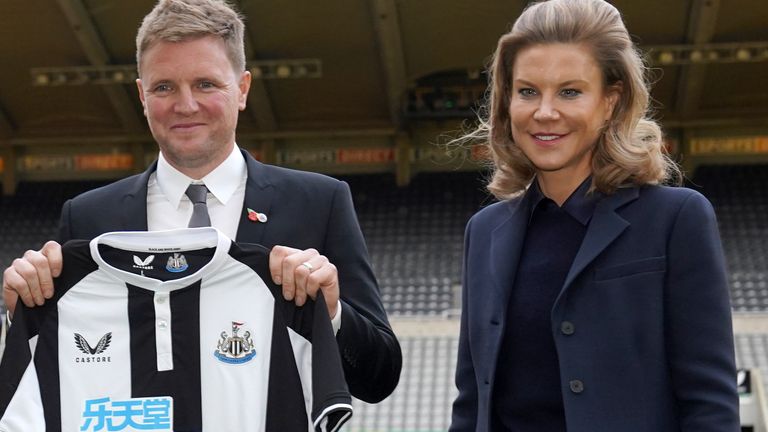
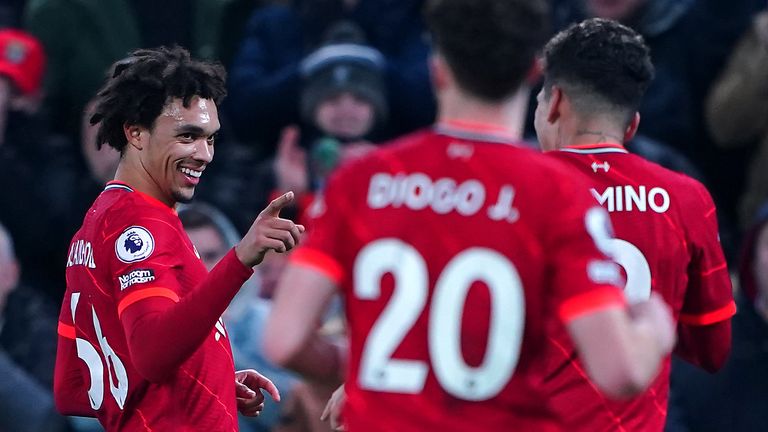
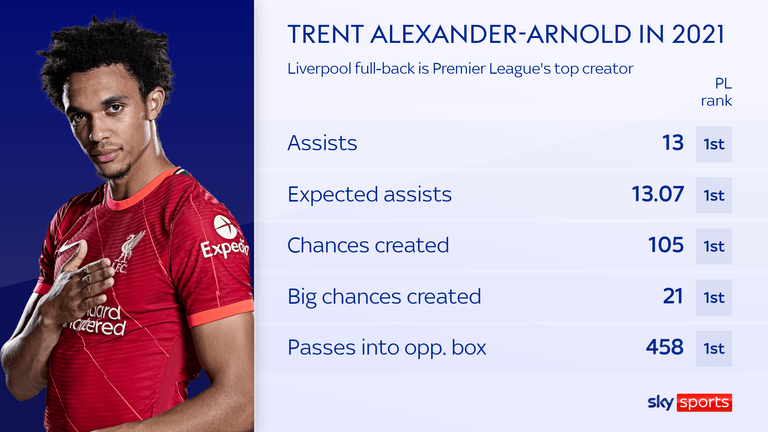
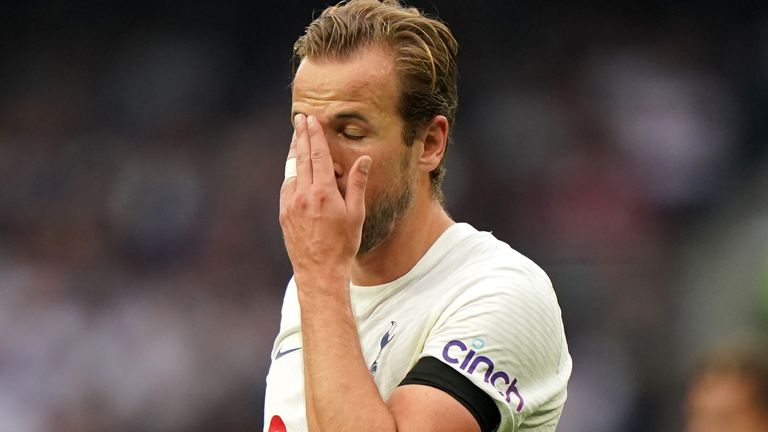
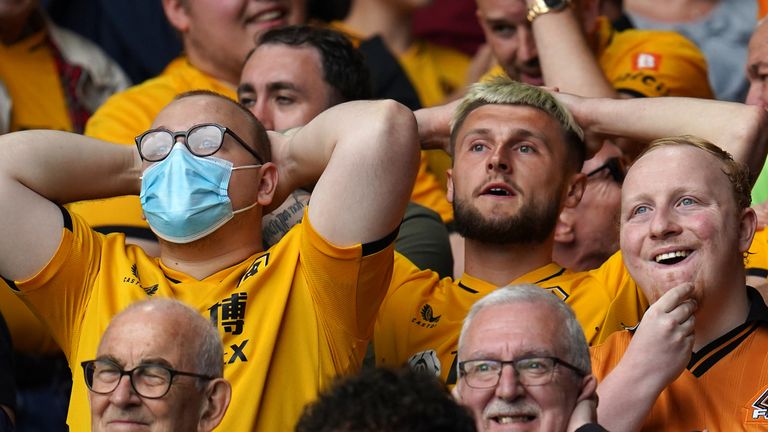
Mga Komento
Mag-post ng isang Komento